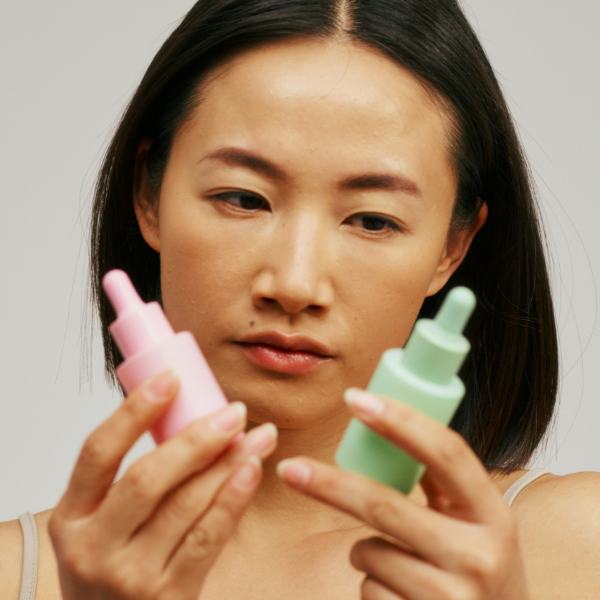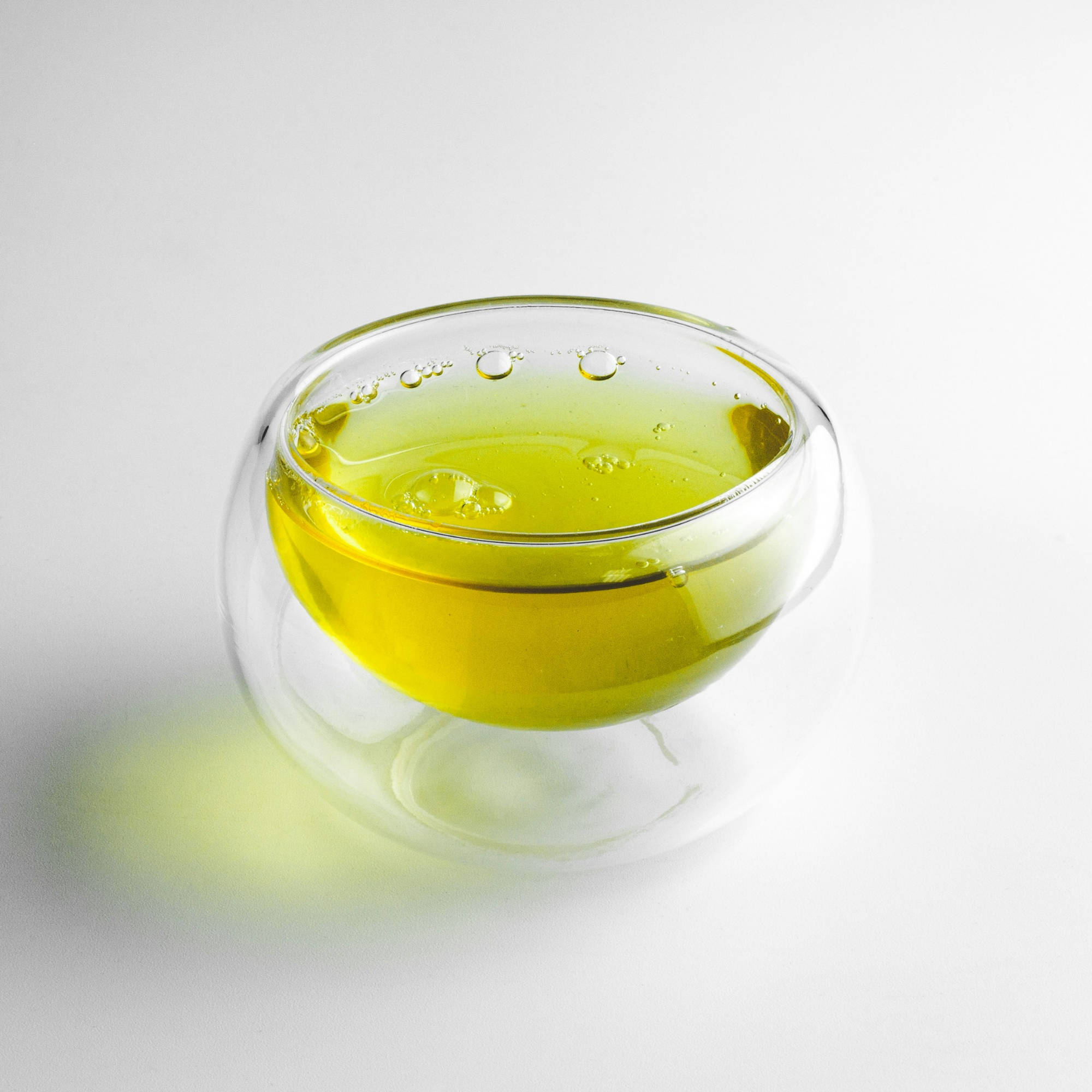Welcome to the world of organic skincare, where nature meets science for the ultimate skin-loving experience! If you've ever found yourself standing in the skincare aisle, squinting at ingredient lists and wondering what makes a product genuinely organic or safe, you're not alone. Deciphering skincare labels can be a daunting task, but fear not! We're here to help you navigate the labyrinth of labels with confidence and ease. Plus, we've already done the safety research! We take the guess work out. We source our products using Evironmental Working Group's Ratings List EWG Skin Deep® | Ratings for All Ingredient Lists to research every product. If the product contains harmful ingredients OR it gets a bad rating on EWG - then it's out. End of discussion. We're not selling it.
The Basics: What Does "Organic" Really Mean?
First things first, let's break down what "organic" actually means in the context of skincare. Organic products are made from ingredients that are grown without the use of synthetic pesticides, herbicides, and genetically modified organisms (GMOs). This means that the plants used in these products are cultivated in a way that's gentle on the environment and your skin.
However, just because a product claims to be organic doesn't mean it is. The skincare industry isn't as tightly regulated as the food industry, so it's up to us, the savvy consumers, to know what to look for.
Key Certifications to Look For
When it comes to verifying the authenticity of organic skincare products, certifications are your best friend. The following certifications are good start:
-
USDA Organic: This is one of the most stringent certifications. For a product to carry the USDA Organic seal, it must contain at least 95% organic ingredients (excluding water and salt). The remaining 5% must come from a list of approved non-organic ingredients.
-
COSMOS Standard: COSMOS (Cosmetic Organic and Natural Standard) is a globally recognized certification that sets strict criteria for organic and natural cosmetics. Look for logos from COSMOS Organic or COSMOS Natural.
-
Ecocert: Another reputable certification, Ecocert requires that at least 95% of the plant-based ingredients in the formula and at least 10% of the total ingredients by weight come from organic farming.
Decoding Ingredient Lists
Now, let's get into the nitty-gritty of ingredient lists. The ingredients on a skincare label are listed in descending order of concentration. The first few ingredients make up the bulk of the product, so they’re the most important to scrutinize, but here at Nature's Glow we look at every ingredient from start to finish.
-
Look for recognizable names: If you see familiar plant names like "Aloe Vera," "Shea Butter," or "Lavender Oil," you're on the right track. If these ingredients are organic the label will often say so either in parentheses or as a footnote.
-
Beware of chemical jargon: Long, unpronounceable chemical names can be a red flag. While not all chemicals are bad, many synthetic ingredients, like parabens and phthalates, can be harmful. This is where EWGs database of ingredients (linked above) REALLY comes in handy.
-
Identify common organic ingredients: Organic products often boast a variety of botanical extracts and essential oils. Ingredients like "Helianthus Annuus (Sunflower) Seed Oil" or "Simmondsia Chinensis (Jojoba) Seed Oil" are great options for carrier oils.
The Power of Transparency
A truly organic skincare brand will be transparent about their ingredients and sourcing practices. If a brand openly shares information about where their ingredients come from and how their products are made, that's a good sign. Transparency builds trust, and trusted brands are more likely to offer genuinely organic products.
Empower yourself with Knowledge
Understanding skincare labels is a powerful tool in your journey to a healthier you. By familiarizing yourself with certifications and decoding ingredient lists you can make informed choices that benefit both your skin and the planet.
Remember, your skin deserves the best, and the best comes from nature. Happy label reading!


